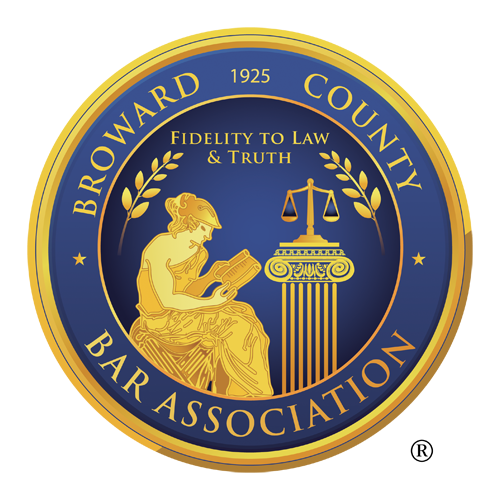To view the original article from LAN Infotech click here.
Are your donations to a charitable organization being used appropriately? Here are some tips to determine whether your charity is truly giving back to the community.
You can find scams in every part of your life: from credit card skimmers at your local gas station to people contacting your parents or grandparents pretending to be the IRS. It’s unfortunate that we have to be on the lookout for this type of heist, especially when it comes to supporting charitable endeavors. While the vast majority of charities do wonderful work in the world and are active stewards of the funds that you share, there are some that truly redefine what it means to “not give back” to their communities — either because they’re misappropriating funds, or because those charitable donations are going directly into someone’s pocket. Here are some tips for assuring that your money is supporting a real charity.
Is A Charity Taking Advantage of Your Generosity?
Hurricane Katrina is a great example of a natural disaster that affected a wide swath of the population, prompting many people to search for a way to give back. Cybercriminals took advantage of this public outpouring by creating fake charities with words like “Katrina” “disaster” and “relief” in the URL of the website. The sites may have looked like proper charitable organizations, but scammers were utilizing these sites to capture information or funds.
How Charity Scams Work
You might first learn about a particular “charity” through a Facebook ad that includes targeted messaging that encourages you to take action. There is often a stock photo of some of the devastation or people who are being affected by a disaster or other major event. Everything probably looks legitimate, and the details and photos may even have been copied from another charitable organization. You might also receive notification of the need for funds via email or from a postcard or other mailer, all sending you to a location where you can input your “donation”. What’s worse is that scammers often impersonate individuals who were harmed in a tragedy, creating fake social media accounts and photos to wring dollars from unwary donors.
Checking Out Your Charity
Large organizations such as the Red Cross allow donors to directly indicate where in the world they want funds to go, making it easy to support a specific cause or effort that’s important to you and your family. Many charities provide opportunities for a one-time donation or the ability to donate on an ongoing basis, depending on your desires. Don’t hesitate to contact the agency directly to learn more about their work in the world. There are also organizations such as Charity Watch, Charity Navigator and GuideStar that allow you to find more information about your nonprofit of choice.
If you fear that you’ve been the victim of a charitable scam, contact the Better Business Bureau to report the activity at BBB.org/Scamtracker. One of the best ways you can filter these fraudulent emails from your account is to work directly with a trusted IT resource. At LAN InfoTech, our team is always looking for ways to make your online activities safer. Contact us today at (954) 686-8276 or fill out our online form for more information.
